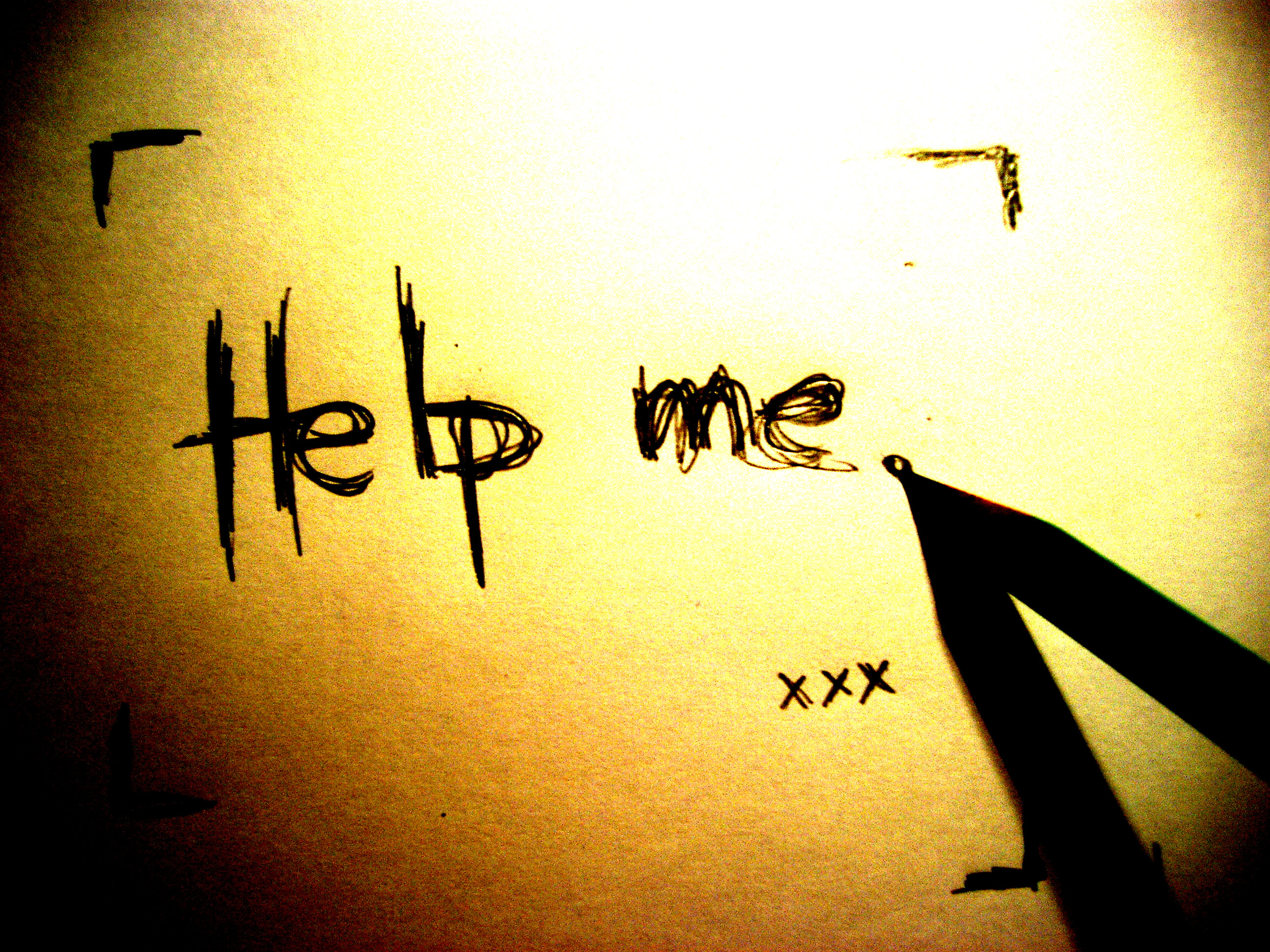I was scurrying around getting ready for work, noticing my new haircut that I’m not sure I like, and my chipped nail polish that I had to take time to remove, completely distracted by the mental check list I was busy checking off for my son’s upcoming wedding, when a short little ‘sentence prayer’ slipped out of my mouth.
{No ‘Dear God.’ No ‘Amen.’ Just… “Make what really matters, really matter to me.”}
If you happen to have grown up in the Baptist Church like I did – and I mean Southern Baptist, of course – then you know what a ‘sentence prayer’ is. And you might just happen to have the exact same feeling in the pit of your stomach that I do right now. I used to hate that time at the end of Sunday School when we had to go around the circle saying sentence prayers. I can see now that those sweet women were trying to teach us how simple it is to pray, but all it taught me was to hate praying out loud.
Things are different for me now. I actually pray a lot, and even became quite good at praying out loud, somewhere along the way {using more sentences than I probably needed, or other people cared to listen to, I’m sure}. But that was before I learned the depth of my own pain and the gut-wrenching honesty that rises up from the uncensored cries of a desperate heart. That’s how I learned that sometimes it’s the shortest prayers that carry the most heart.
At a time in my life when my unbearable truths were still unsayable to me, all I seemed to be able to muster that even remotely resembled what I had learned in Sunday School as a child, was a weepy and pitiful-sounding, “Help.” But as the cry rose up, I knew that there was more honesty in that one word than I had ever expressed before in my entire life.
This was my first experience of the utter relief of honesty, and the beginning of my journey into deep truths I’d never been able to express before. For help, I turned to some of the most raw and honest writings I knew of – from the heart of a warrior poet who penned most of what we know today as the Book of Psalms. If you’re not familiar with the story of this man who would become king of Israel, David was notorious for ‘pitiful counterfeits’ and ‘convenient lies.’ With devastating results. But he was also “a man after God’s own heart,” and once he admitted his secrets {which were never secrets to God, of course}, the connection he really longed for was restored.
Anything we use as a substitute for true connection really is just a pitiful counterfeit, because our hearts simply will not be satisfied by anything less than the real deal. Our deepest longings were never meant to be dialed down, or disavowed, by whatever convenient lies we use to deny just how strong our desire and need for this connection really is. And trying to settle for less than our hearts are meant to experience never works. {Sorry, folks.} Burying or losing touch with our deepest needs and truest desires can be disastrous. {Please get this!}
Even after learning this the hard way, I know I’m still vulnerable to counterfeits when I lose sight of the things that truly matter to me. But with the help of people who love me, and know me well enough to notice when I’ve taken my heart off the table, a rescued heart regains its voice. And with the hard-won wisdom gained from late-learned lessons, a once-pitiful cry for help becomes both a deliberate and decisive declaration: Only what truly matters will satisfy the true longings of my heart, and with the help available to me, I will keep my heart on the table so that what really matters, really matters in my life.
Ok, your turn. Notice what rises up from your heart. Ask the people who love you what they notice when you’re being true to yourself — and when you’re not. Let a little ‘sentence prayer’ slip out. Or a single, uncensored word that carries the truth of what really matters to you. Do what it takes to keep your heart on the table. {Please!} And I’ll do the same.


